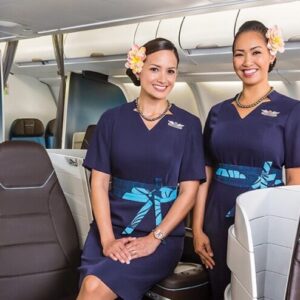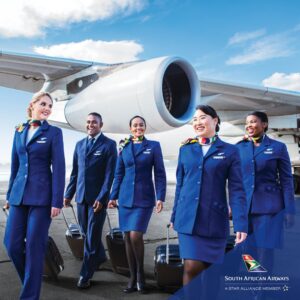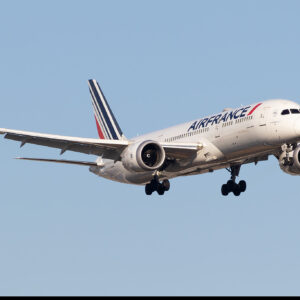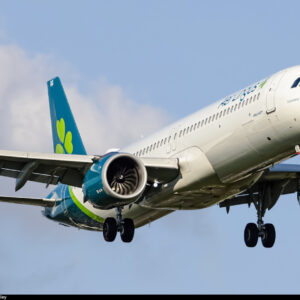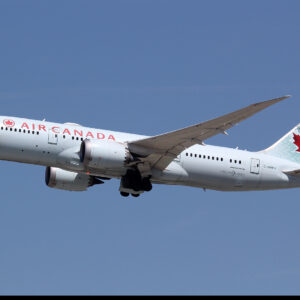Introduction to Advancement Opportunities for Cabin Crew
As a cabin crew member, you should not assume that your job will remain stagnant. There are various cabin crew career advancement options available, such as upgrading to a higher class cabin or becoming a supervisor or purser. Depending on the size of the airline, you may also have the opportunity to become a cabin crew manager or pursue further education to become a corporate pilot.
Additionally, there are opportunities for flight attendants to transition into management roles within the airline industry or explore employment options outside of the industry altogether. With experience and a proven track record, flight attendants may be able to advance in their careers or explore new job opportunities.
Here are some of the most common advancement opportunities for Cabin Crew:
Business Class / First Class
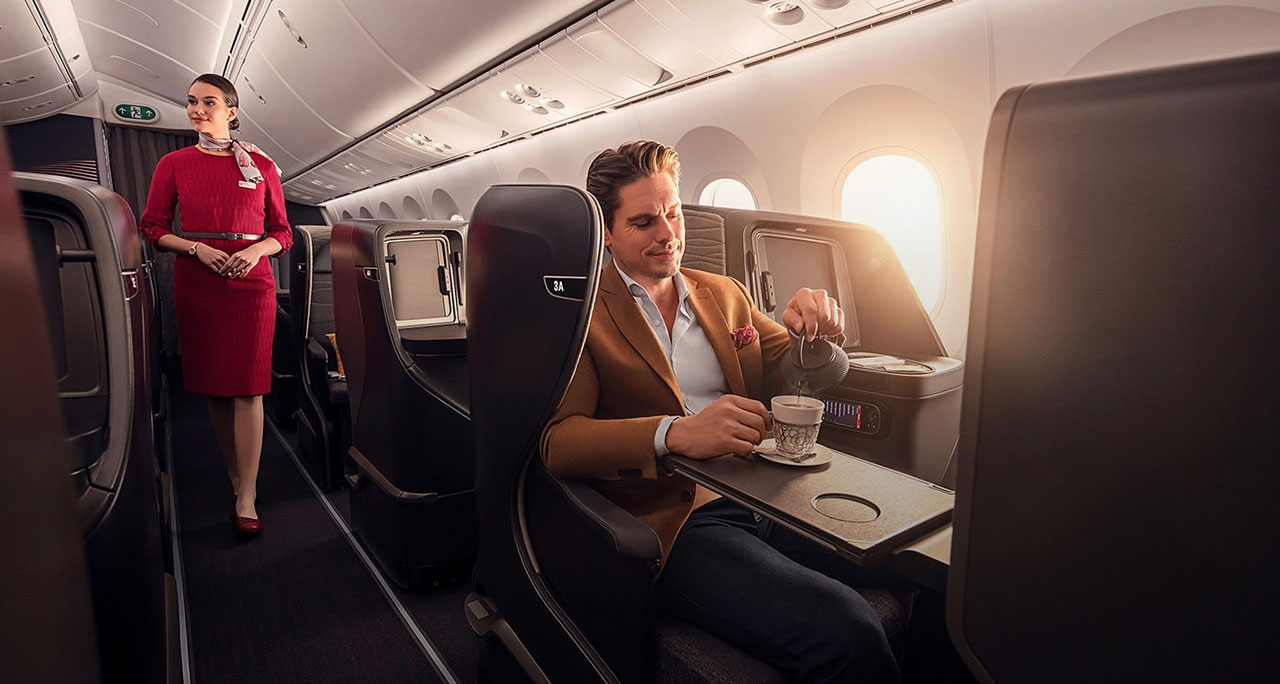
Flight attendants who aspire to progress in their careers may eventually become business class or first class cabin crew. These crew members are responsible for delivering a superior level of service to passengers traveling in these sections of the aircraft. Their duties may include serving meals and drinks, ensuring passenger comfort, and providing general assistance. To become a business class or first-class cabin crew, flight attendants typically need to have several years of experience working in coach or economy class and demonstrate exceptional customer service skills and the ability to handle challenging situations with composure.
Senior Cabin Crew / In-flight Supervisors
The Senior Cabin Crew Member (SCCM), also known as the In-flight Service Manager (ISM) or Flight Service Director (FSD), is accountable for passenger safety and cabin security to the captain/commander, and for customer service to the company. The title of “SCCM” is a company-specific role and does not necessarily indicate that the SCCM is the most senior in terms of years of service with the company among the crew members on a flight.
The qualifications for the SCCM appointment vary by airline, but typically include prior experience as a flight attendant. Additional training, both in a classroom setting and in-flight, is usually required, and a new SCCM will typically conduct their first flight(s) in the role under the supervision of a designated trainer. The SCCM typically earns a higher salary or hourly wage than other flight attendants due to the added responsibilities and managerial aspects of the role.
Lead Cabin Crew Member
The Cabin Crew Team Lead/Cabin Crew Auditor oversees a diverse and large cabin crew team. They evaluate the service and work performance of cabin crew members by conducting service quality audits to identify areas for improvement. They provide constructive feedback to cabin crew members and serve as a mentor by exemplifying professional standards.
Lead possess extensive knowledge of flight operations, including details and schedules. They are well-versed in the airline’s service standards, policies, and procedures. Lead Cabin Crew Member also possess strong social skills and the ability to motivate others to meet airline service standards. They have effective leadership skills and are able to manage and recognise good work performance of the cabin crew.
Cabin Supervisor / Flight Attendant Supervisor
A typical advancement for flight attendants is to become a supervisor, such as a flight or cabin supervisor. In this role, you would be responsible for monitoring the performance of the staff, assigning tasks, and ensuring that customers receive high-quality service and satisfaction. Additionally, you would maintain adequate stock inventories, negotiate with suppliers and vendors, and strategise on cost-saving measures without sacrificing quality. You would also evaluate sales reports and identify opportunities to increase revenue and achieve profitability goals.
Purser
A flight purser is responsible for the smooth running of the cabin crew and reports directly to the Captain. As a Cabin Purser, you would be in charge of managing the crew and supervisors on the plane, effectively serving as the head of the flight attendant team for that flight. You would also handle cabin safety, passenger experience, and complete flight paperwork. In case of any disturbance in the cabin, the purser may need to intervene and may also need to prepare detailed reports after the flight lands.
Cabin Crew Manager
As a Cabin Crew Manager, you would be responsible for overseeing the performance of the cabin crew and ensuring compliance with the airline’s operational manuals, policies, and legislation. You would review feedback on your crew and their performance appraisal reports, determine performance standards, and assign resources for flights with the network planning department. You would also conduct hiring interviews, analyse customer needs to determine new services for the airline and cultivate business relationships with airport agencies, authorities, and customers.
Flight Operations Manager
Flight operations managers are responsible for overseeing air traffic and ground operations. They manage the flight schedule and communicate with in-flight teams. Flight Operations Managers also plan pilot and crew training, maintain records, and handle hiring and staffing for their department. They prepare flights, including scheduling pilots and flight attendants, and work to improve airport operations. A bachelor’s degree in aeronautical science and experience in multi-engine commercial aircraft operations are often required for this role, as well as computer proficiency. The job may require working more than 40 hours per week due to the 24/7 nature of commercial and military airports.
Flight Attendant Training Instructor
Cabin crew instructors instruct trainees on all aspects of aircraft cabin operations. This includes teaching the procedures specific to the type of airplane, pre and post-flight checks, safety protocols, service equipment, and customer service procedures and protocol.
Human Resource Officer / Recruiter
Human Resources (HR) plays a vital role in any airline. Depending on the position, an HR representative may be responsible for tasks such as checking job candidate backgrounds, hiring staff and flight crews, processing benefits and paperwork, communicating with insurance companies, regulatory bodies, union representatives, interpreting labor contracts, recruiting new hires and answering phones.
Ground Service Staff
Ground staff at the airport play a crucial role in daily operations, working in shifts. Their responsibilities include handling passenger inquiries, cabin cleaning, catering, ticket sales, planning, monitoring, and controlling flight operations.
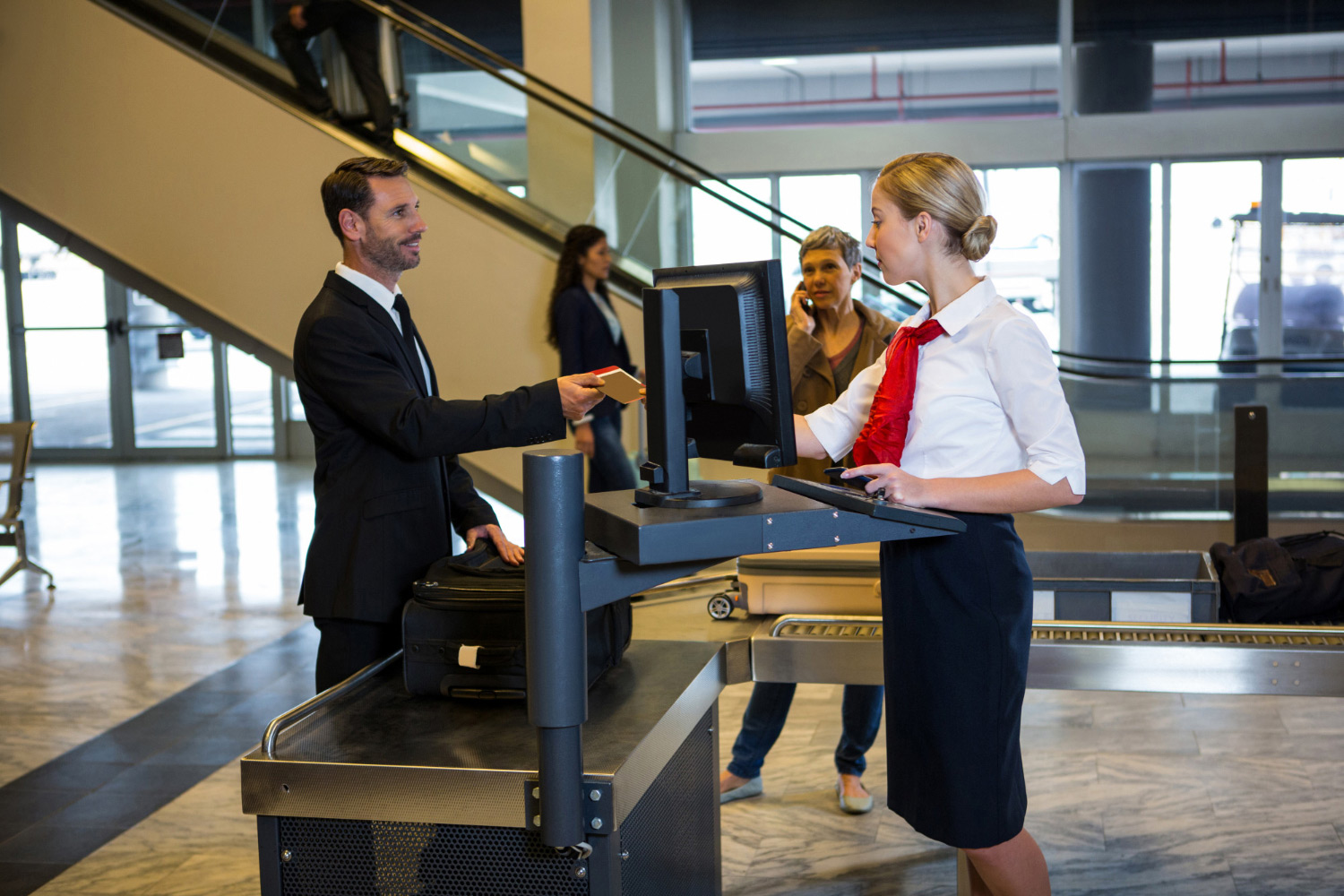
Airline Customer Service Agent
Airline customer service agents provide information and assistance to the flying public. They work in airports and call centers, helping customers with flight reservations, itinerary changes, baggage concerns, and questions about customer loyalty programs. They also assist passengers with check-in, issue tickets, provide flight information, check baggage, and solve ticket-related travel problems. At the gate, they check boarding passes, upgrade seats and reissue tickets when a flight is overbooked. The job can be routine but also stressful, as passengers may take their frustration out on them during uncontrollable circumstances such as flight cancellations. Maintaining a calm and friendly demeanor under pressure is a crucial aspect of the job.
Aircraft Mechanics
Aircraft mechanics are responsible for maintaining and repairing aircraft to ensure they are in safe and proper working condition. They conduct inspections, make repairs, replace parts, and evaluate the wear and tear of aircraft and its components. They use specialized tools and equipment, as well as consult maintenance manuals, to diagnose and fix mechanical and electrical problems. To become an aircraft mechanic, one must have completed a FAA-approved aviation maintenance technical school program and hold a certificate recognised by the FAA or have relevant experience.
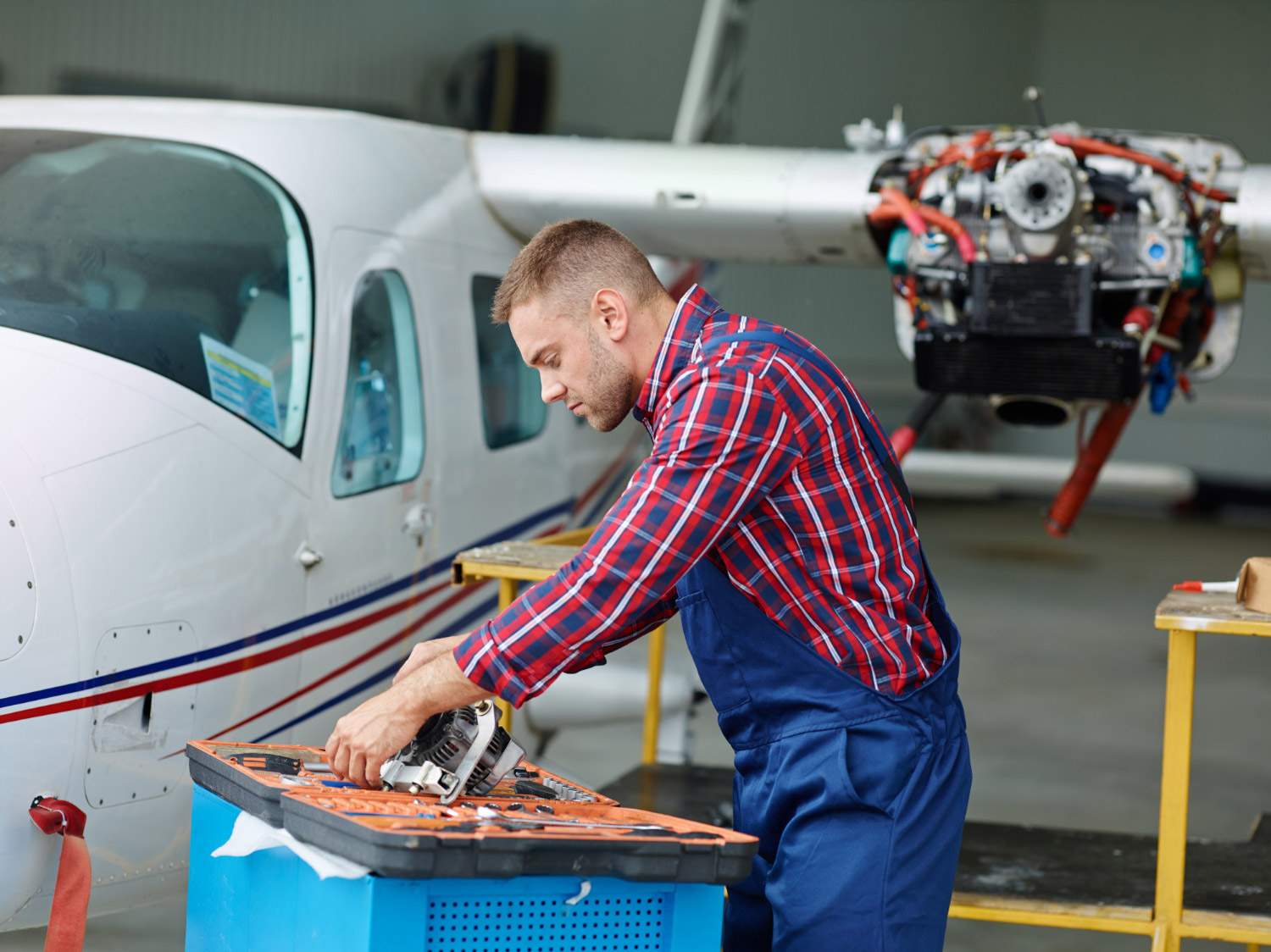
Air Cargo Agent
A cargo agent is responsible for ensuring that cargo shipments are delivered on time and accurately by facilitating all aspects of the cargo shipment process. This includes preparing and processing necessary documents and fees, routing shipments and selecting shipping methods, weighing parcels, and coordinating logistics and transportation details. They negotiate postal and shipping rates, prepare invoices and keep records of all transactions and relevant information. Additionally, they communicate with clients to answer inquiries, notify them of any delays and provide regular updates.
Aircraft Maintenance Engineer
An Aircraft Maintenance Engineer is responsible for a variety of tasks including inspecting aircraft engines on a regular basis, dismantling and repairing engine parts, installing and testing electrical circuits, disassembling and assembling aircraft frames and engines, testing and ensuring proper function of communication and electronic instruments, as well as oxygen systems. They also conduct routine maintenance checks, order new parts and supplies, maintain records of all maintenance work, adhere to safety and FAA regulations at all times, operate aircraft safely, make necessary upgrades to aircraft, and perform emergency repairs as needed.
Aviation Safety Inspector
The role of an Aviation Inspector involves conducting thorough evaluations of aircraft to confirm adherence to federal safety regulations. This includes reviewing procedures, equipment, and systems, examining flight logs and maintenance records to ensure all mandatory checks are performed, and investigating accidents and complaints to determine the cause.
Airport Manager
Airport Managers play a vital role in the operations of airports, they are responsible for making important decisions and implementing policies. They create jobs and oversee the management of various airport departments including finance, security, maintenance, and more. The role is multifaceted and essential for aviation safety. Large airports that serve commercial airlines have multiple departments to oversee, while smaller airports may require the manager to take on a more hands on approach.
Airports are often a major employer in a local area, with major airports like JFK in New York employing thousands of people, while smaller airports may only have a few employees. Regardless of the size, airport managers are in charge of managing daily operations and planning for the future.
Air Traffic Controller
Air traffic controllers use advanced technology to keep pilots informed of potential hazards and other useful information to minimise delays and ensure the safety of passengers. They track and report changes in weather and wind patterns, give takeoff and landing instructions, and regulate activity both on the ground and in their designated airspace.
Airline Pilot: Captain, First Officer, Second Officer
Pilots are trained professionals who operate aircraft. Their responsibilities include filing flight plans, conducting maintenance checks, and ensuring the aircraft is ready for departure. This includes inspecting the engine, navigation equipment, and other systems to ensure proper functioning. Any mechanical concerns are reported and necessary repairs are scheduled.
They also ensure the plane has sufficient fuel for the planned flight. Once passengers are onboard or cargo is loaded, pilots communicate with air traffic control to receive clearance for takeoff and follow their instructions for using the runway. During the flight, pilots use navigation equipment to maintain course and altitude, continuously monitoring the plane’s systems and fuel levels. They also update passengers on any schedule changes. The primary focus of a pilot is the safe and efficient completion of their flight.
Airline Flight Dispatcher
Flight dispatchers, also known as turn around coordinators (TCOs) or flight operations officers, are responsible for coordinating all ground operations at an airport to ensure safe, efficient and quick turnaround of aircraft from landing to departure.
Flight Scheduler
A Flight Scheduler is responsible for organising aircraft schedules based on crew availability, mechanical needs, weather, customs requests, and government regulations. They inform relevant personnel of potential delays or cancellations. A bachelor’s degree in a related field may be required for this role, and the individual typically reports to a manager or department head. 2-4 years of relevant experience is typically required. The role includes exposure to complex tasks, and occasional guidance is provided in various aspects of the work.
Safety Officer
Aviation safety officers are responsible for creating and implementing safety procedures for aviation companies. They research and adhere to safety regulations and guidelines related to the company’s operations. They also supervise personnel to ensure compliance with safety measures and regulations.
Airline Sales Agent
The role of an airline station manager includes directing and coordinating activities at transport stations, reviewing reports to plan operations, and arranging work schedules to optimise resources and facilities. They also oversee tasks such as passenger reservations and ticketing, commissary services, ramp and cargo services, and aircraft dispatching to ensure compliance with company and government policies and regulations. Additionally, the manager directs the preparation of passenger and cargo lists, plans and evaluates staff, and conceptualises training to improve efficiency.
Airline Station Manager
The role of an airline station manager includes directing and coordinating activities at transport stations, reviewing reports to plan operations, and arranging work schedules to optimise resources and facilities. They also oversee tasks such as passenger reservations and ticketing, commissary services, ramp and cargo services, and aircraft dispatching to ensure compliance with company and government policies and regulations. Additionally, the manager directs the preparation of passenger and cargo lists, plans and evaluates staff, and conceptualises training to improve efficiency.
Private Jets
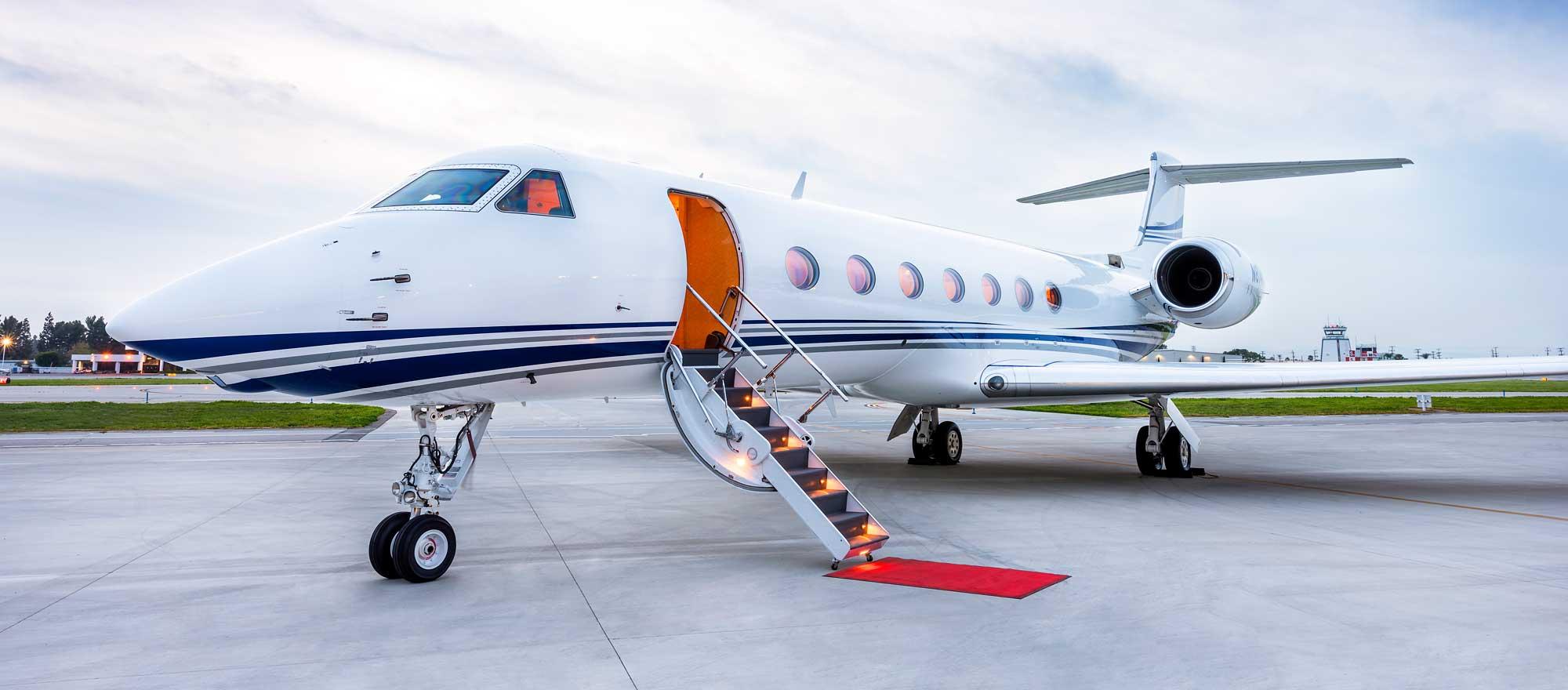
Cabin crew members seeking career advancement opportunities may consider transitioning to the world of business aviation. This can include working on private jets for charter flights, such as for sports teams or band tours, or serving affluent clients on larger jets. Private jets often have smaller crews, chosen specifically for the owner and their associates.
Another option for those seeking a more upscale and exclusive setting is working with government officials, royalty, or celebrities who own their own aircraft. Overall, working in private aviation can provide a rewarding and highly desirable career advancement path for cabin crew members.


